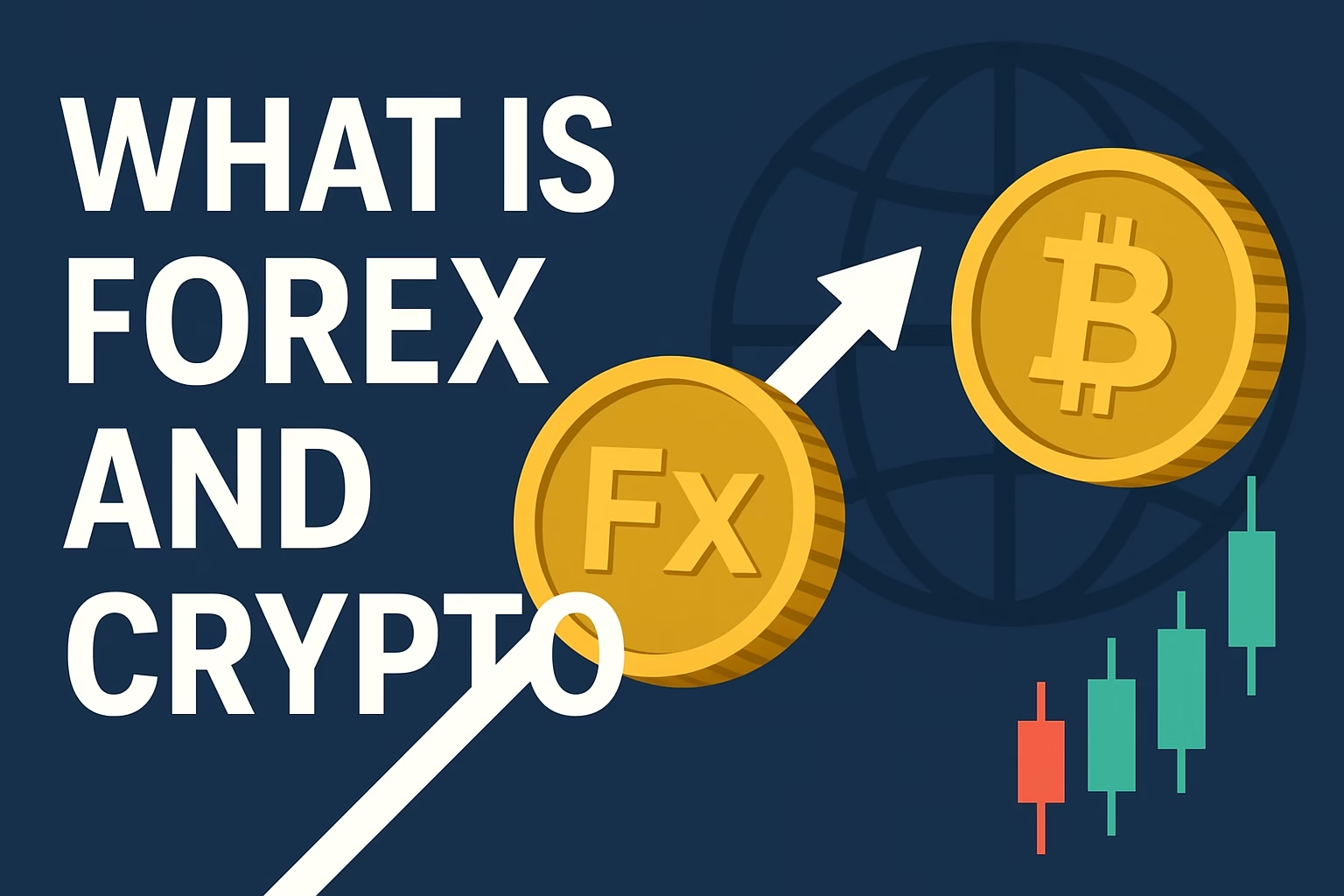
Forex, an abbreviation for foreign exchange, represents the worldwide arena where currencies are traded. It stands as the largest financial market globally, boasting a daily trading volume exceeding 7 trillion USD. Unlike the stock exchange, Forex lacks a physical venue; it operates continuously, 24 hours each day for five days a week, in key financial hubs such as London, New York, Tokyo, and Sydney.
In the world of Forex trading, transactions always involve two currencies in a pairing format. For instance, the EUR/USD pair indicates how many US dollars are required to acquire one euro. Traders can earn profits by accurately predicting whether a currency will increase or decrease in value relative to another.
High Liquidity – Significant trading volumes facilitate straightforward entry and exit.
Leverage – Brokers provide the ability to manage large positions with a minimal amount of capital, increasing associated risks.
Accessibility – Anyone who has internet access and a trading account can engage in trading.
Forex is utilized extensively not just by traders but also by governments, banks, and global businesses to conduct currency exchanges and to mitigate risk.
Cryptocurrency, often referred to as crypto, is a form of digital money developed on blockchain technology. Unlike conventional currencies that are issued by governments, cryptocurrencies are decentralized and function on networks that connect peers directly.
The first cryptocurrency, Bitcoin, was introduced in 2009 by an unidentified individual using the pseudonym Satoshi Nakamoto. Since that time, many thousands of cryptocurrencies have been developed, including Ethereum, Binance Coin, and Ripple.




Crypto operates differently compared to Forex:
Digital Only – Cryptocurrencies exist solely in digital form with no physical coins or banknotes.
Volatility – Prices may experience significant increases or decreases within brief time spans.
24/7 Market – Unlike Forex, cryptocurrency operates constantly, every hour of every day.
Blockchain Security – All transactions are documented on a public ledger, ensuring transparency and security.
People engage with crypto for a range of purposes: investments, payments, trading, and even in domains like decentralized finance (DeFi). However, its price fluctuations are erratic, which can present both opportunities and risks.
Forex vs Crypto
Though both are types of trading arenas, they have notable distinctions:
Size: Forex is more established and larger, whereas crypto is newer yet rapidly expanding.
Regulation: Forex is subject to strict worldwide regulations, while the crypto market is less regulated.
Risk: Cryptocurrency is known for its higher volatility, which translates to greater potential gains but also increased risks.
Trading Hours: Forex operates five days weekly, while cryptocurrency trading is continuous.
Conclusion
Both Forex and cryptocurrency offer thrilling opportunities to generate income online. Forex is more stable, liquid, and caters to individuals who favor a well-structured financial environment. In contrast, crypto is innovative, unpredictable, and attracts those willing to take risks in the belief of a digital currency future.
For those who are new to this space, the most effective strategy is to start with education, practice using demo accounts, and invest cautiously. Whether you opt for Forex or cryptocurrency, your success will rely on your understanding, risk management, and self-discipline.



